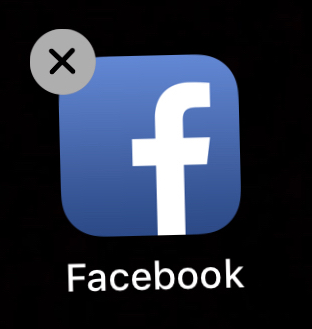The contrast Apple is trying to draw is with other Silicon Valley giants whose business model is grounded on user data (and advertising)—namely Facebook and Google.
The question gets interesting when you realize there are tradeoffs. Privacy protects users, but access to mountains of user data helps make better, faster, more responsive cloud services, which also benefits users.
If Apple intends to protect user data, are they going to fall behind on the better/faster end of the equation? Probably. But how much?
Those who follow Apple closely have known about their position on user privacy for years. But lately, Apple is more vocal about their preference to protect user privacy. Nearly every time someone puts a microphone in front of Tim Cook, he raises this point.
When these lines were first drawn years ago, there was a lot more digital ink being spilled on the wisdom of Apple’s position. You don’t hear as much about it lately.
So how is Apple doing? From my experience, Apple still is lagging, but not as much as I worried it might.
One way to evaluate this is Photo search in Apple Photos versus Google Photos. Google pioneered the ability to search for contents of photos with words. They have a massive database of photos to work with, and their algorithms can easily find a “dog” in the “snow” from your library of 42,000 photos. Apple added this feature a few years ago, but the difference is that Apple built its models on purchased photo libraries, not looking at all of its users’ photos. Moreover, Apple does the machine learning for these searches not on their cloud servers but instead on your devices. You too can now find a “dog” in the “snow” with Apple Photos. I am pretty confident the search terms don’t update as quickly in Apple Photos as they do in Google Photos, but that is the cost of that privacy thing.
Photos is just one measure, and I am sure if I thought about it long enough, I could find other examples that are both better and worse in comparison. For me, at least, when comparing privacy versus cloud services, I would rather err on the side of privacy. So long as the Apple cloud services are viable, I’m okay if they aren’t the best if in exchange I’m getting a higher degree of privacy.
At first, I tried to quantify it. How close does Apple have to be to Google for me to be happy? 50%? 75%? For me, it is more a question of whether the cloud service is: 1) something I’d use often and; 2) functional. In my case, functionality, even if slower and not quite as good, is good enough. I think Apple gets off easy with my calculus, but everybody gets to set their own threshold, and everyone isn’t as paranoid as I am when it comes to privacy.
One thing everyone can agree on is that this story isn’t over yet.






